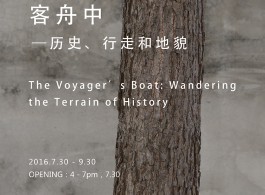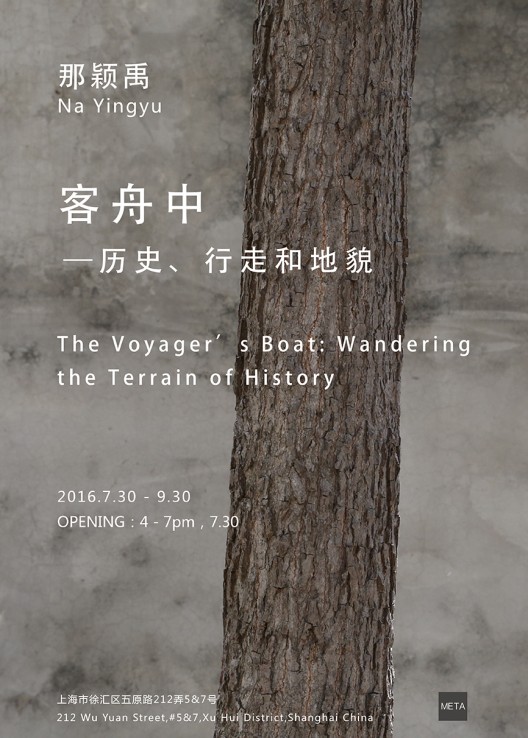“In my prime I listened to the rain as I traveled by boat, The river was vast and clouds low, in westerlies trilled wild geese lost on their way. These days I listen to the rain in the hut of a monk, My sideburns have turned sparkling grey.”
Carrying a Chinese textbook entitled World History aboard Greyhound and Chinatown buses, he traveled roads lined with vegetation much like that of his hometown, and arrived in the American cities that he had imagined in his youth. The historic sites and monuments that he had imagined—in his youth, in his prime—reemerged in the space of reality, as both imagined and real. Standing before those historic sites, Na Yingyu saw through his “clear and vague” memories from reading the Chinese textbook’s version of World History. He sifted through various chapters of American history and searched for a kind of “historical truth”: a linear path of history, his imaginings from youth, and walking as a way to reconstruct a new narrative through experience.
The series of moving image works in this series reveal a set of “Qiu Village Landscapes”: plants sprawl across concrete walls, with human figures and established locations absent from the scenes. Invited to Qiu Village by artist Li Mu, Na Yingyu captured a shared essence between indigenous plants and local people: hidden in the geographies of southern China, an “unspoken condition” emerged from between cracks in the concrete.
The Voyager’s Boat comes from the Song Dynasty poem by Jiang Jie, which appears in the epigraph. With an inherited cultural temperament and a restrained affect—“either a void, or a mesmerizing presence”—perhaps Na Yingyu’s personal vision is of another China. The exhibition presents Na Yingyu’s embodied perception, a “survey” of his historical and geographical approaches to photographing landscape in a Chinese village.




